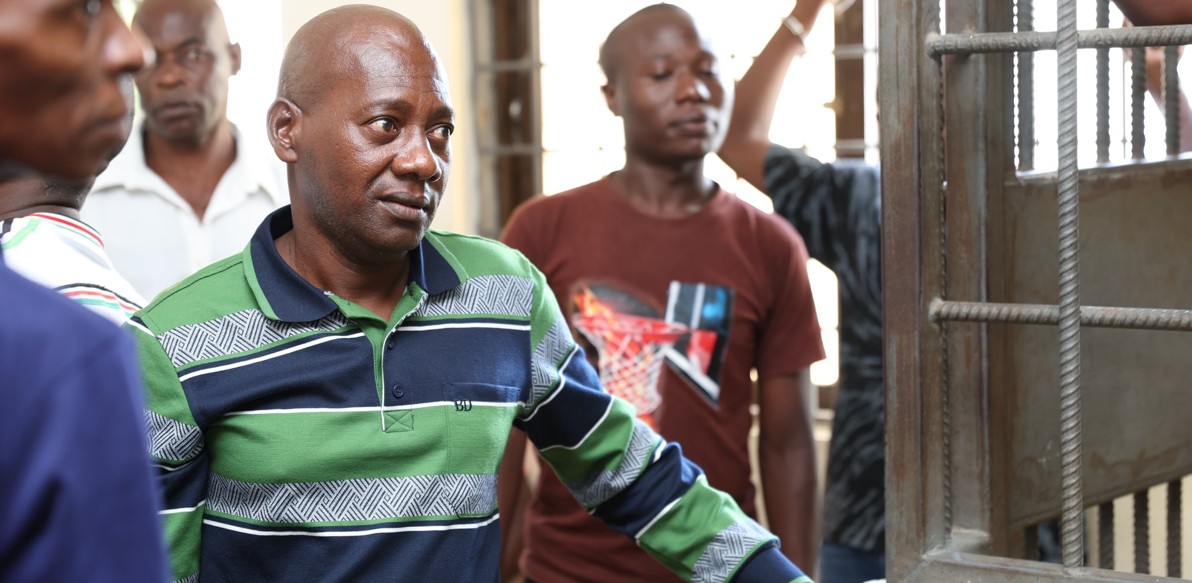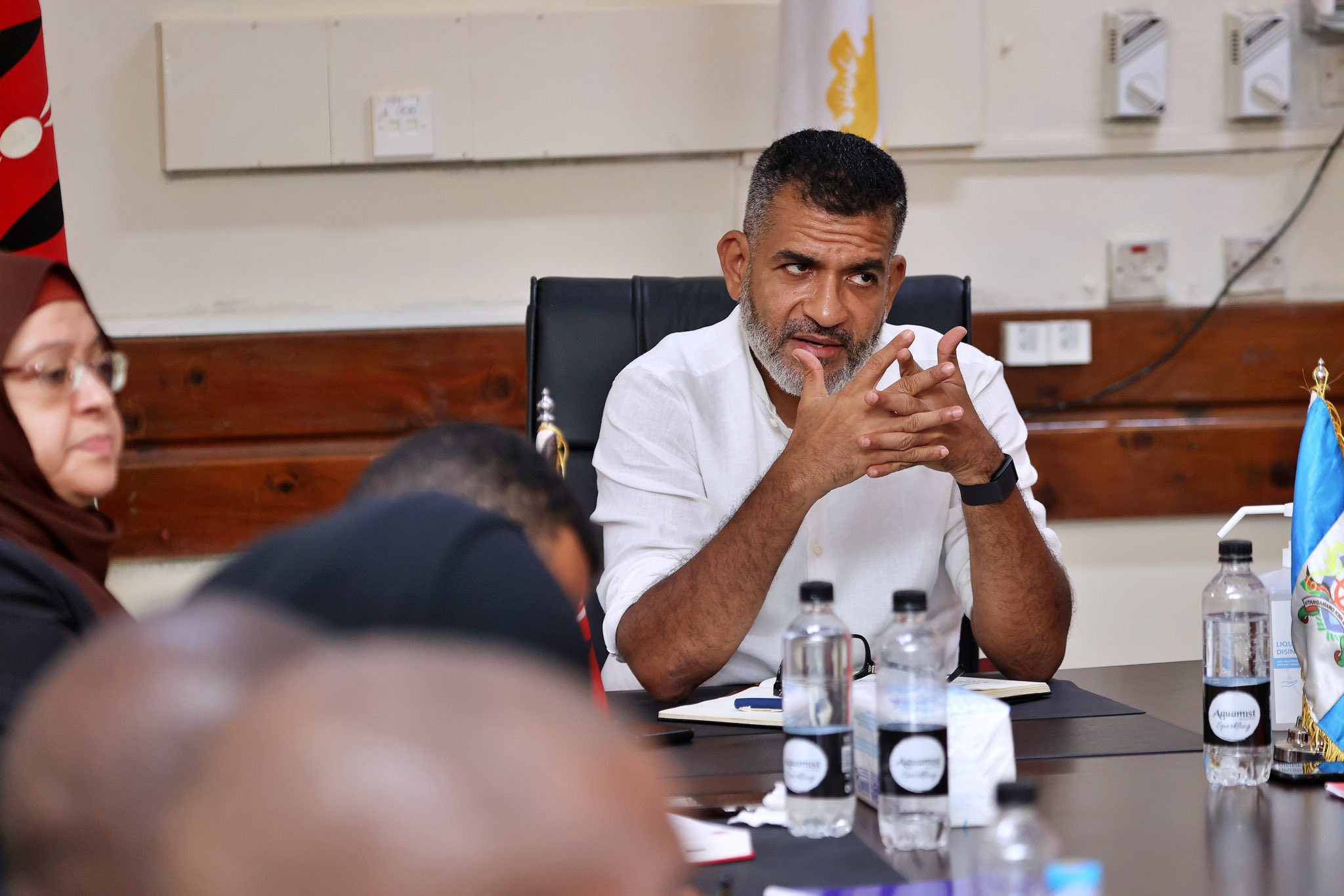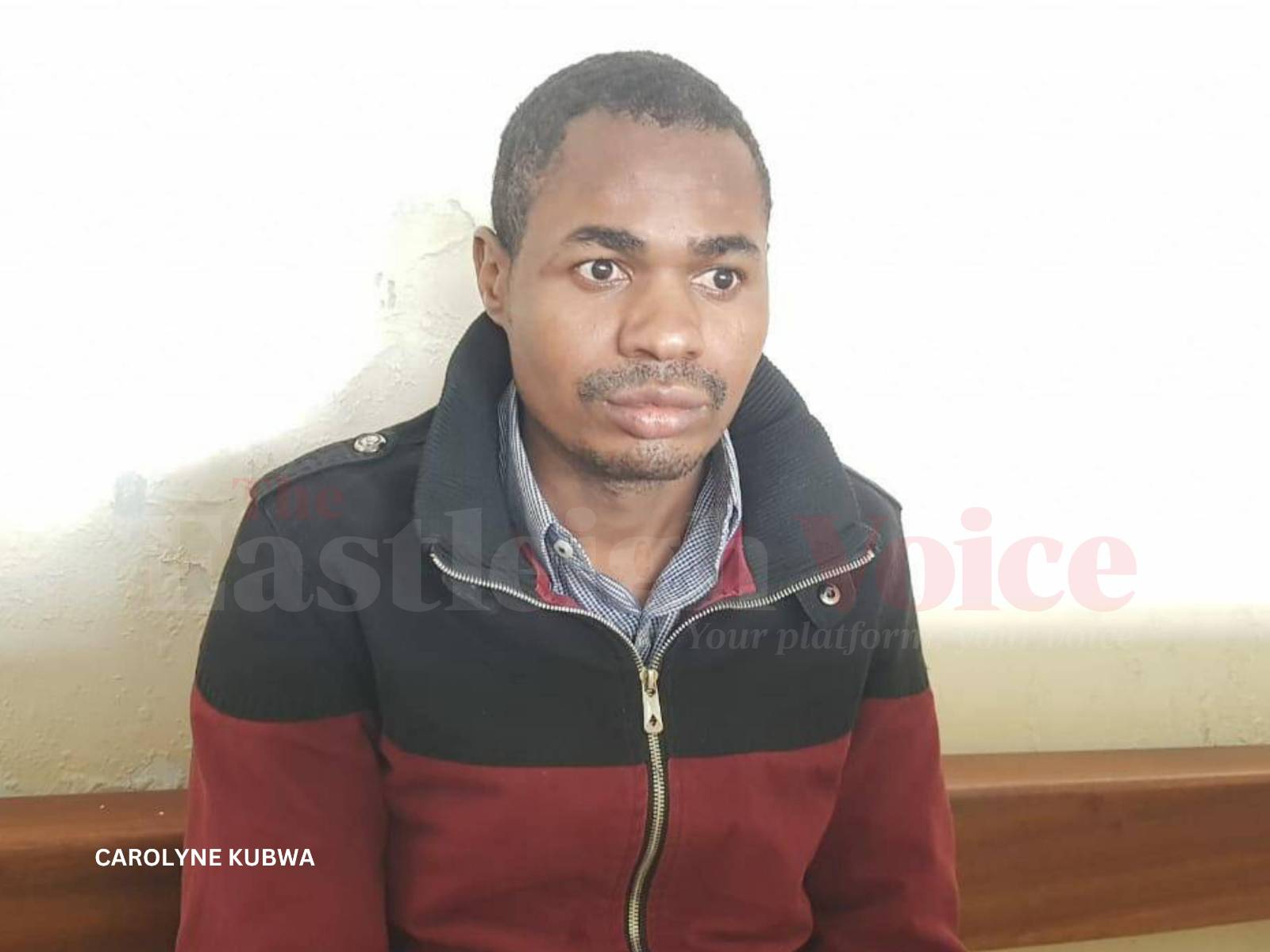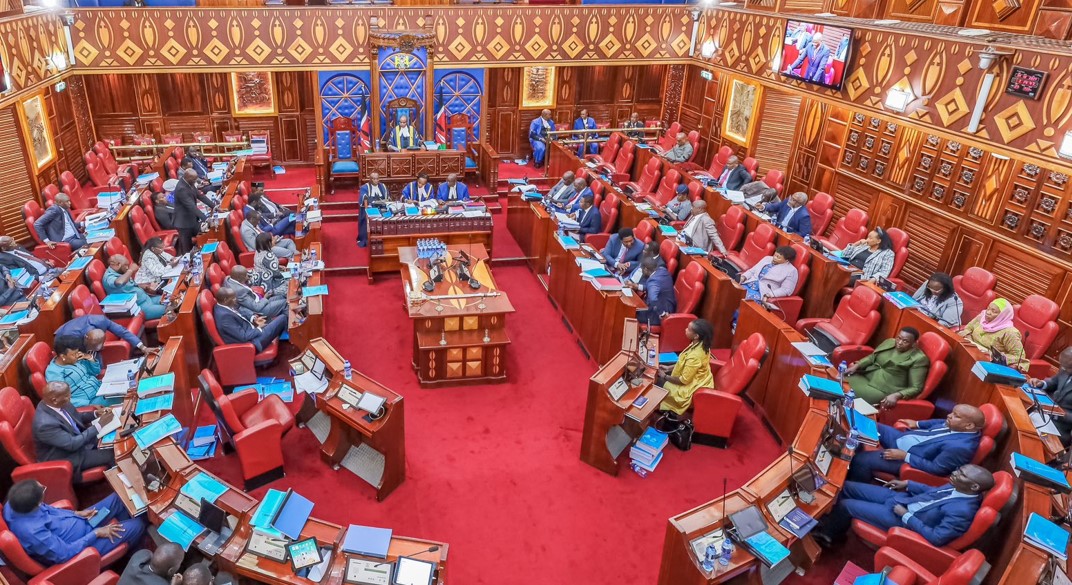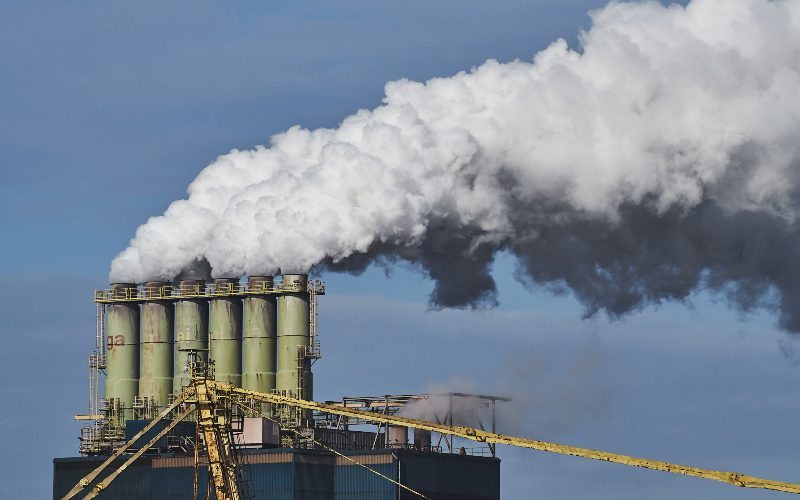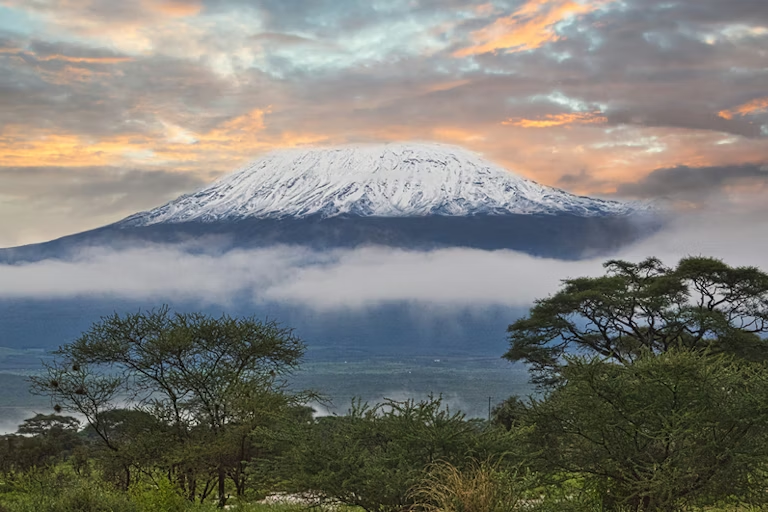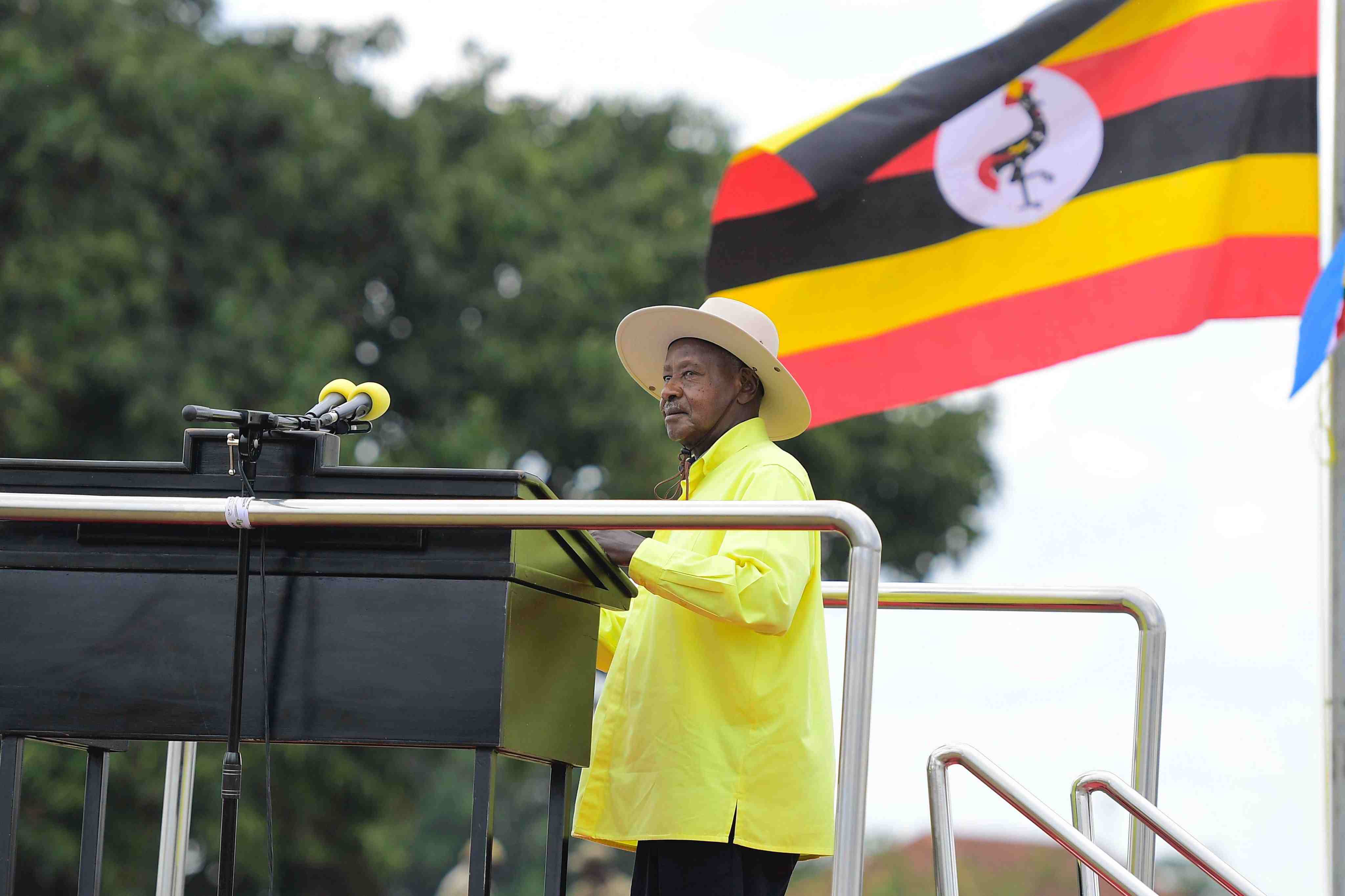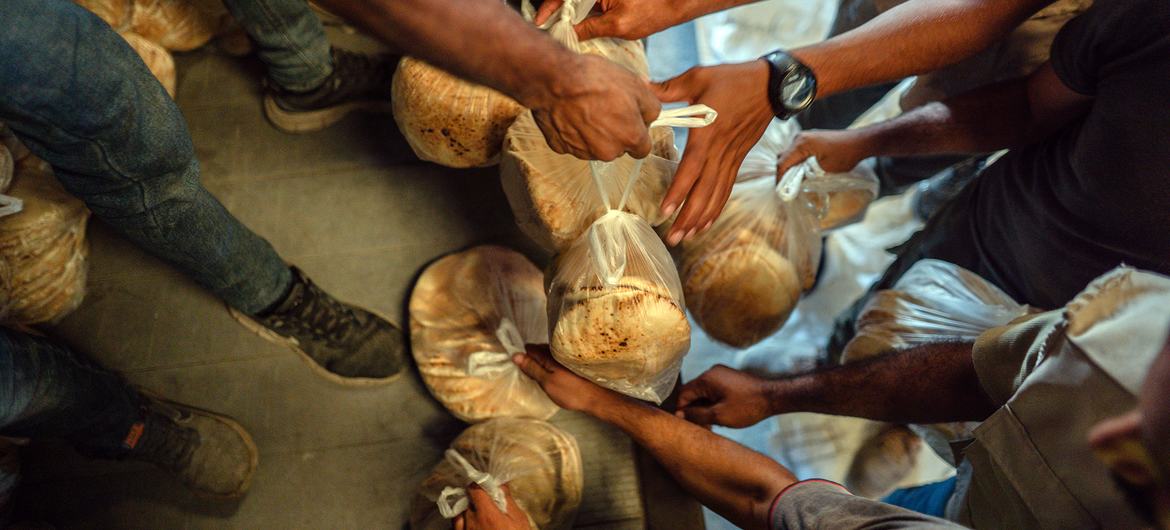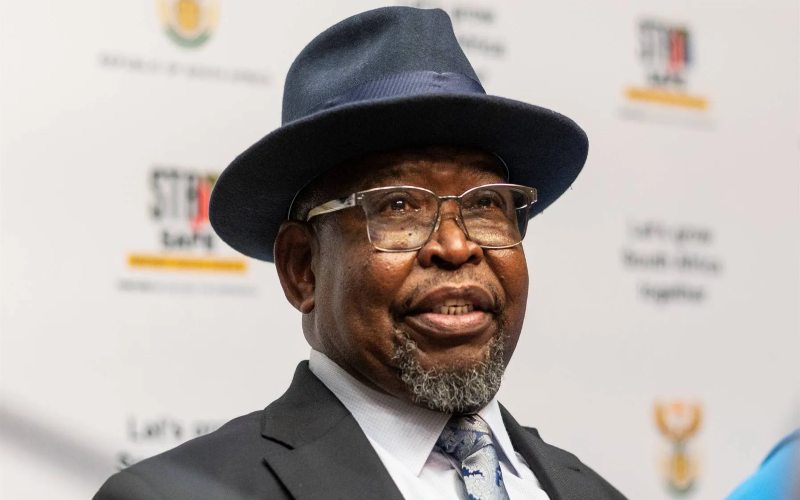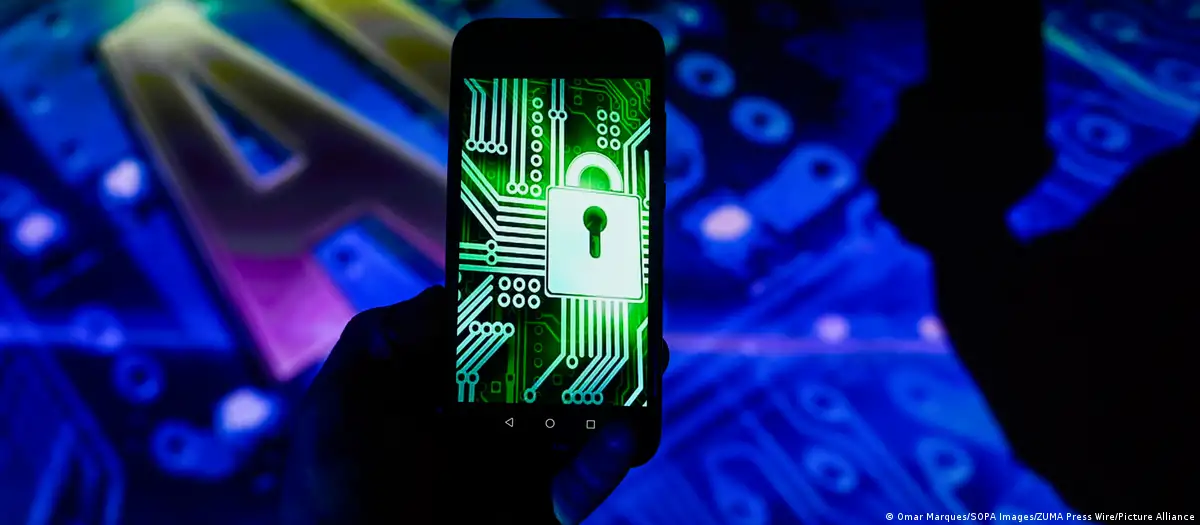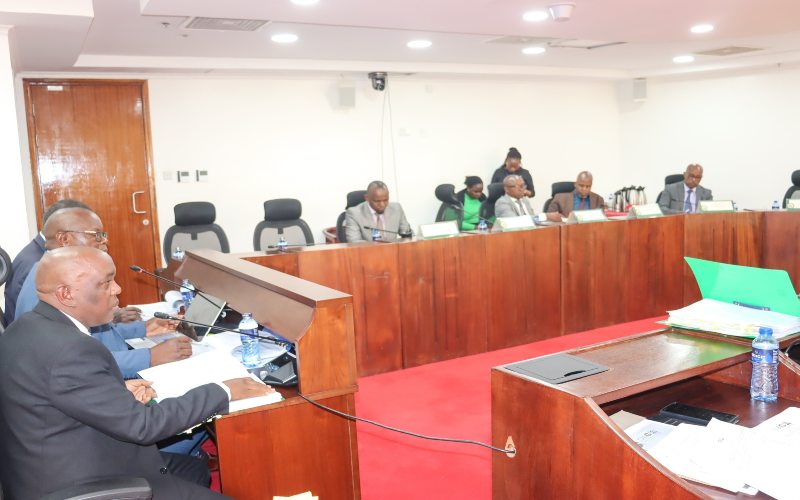Activist Bob Njagi claims Ugandan soldiers took part in Kenya’s 2024 Gen Z crackdown
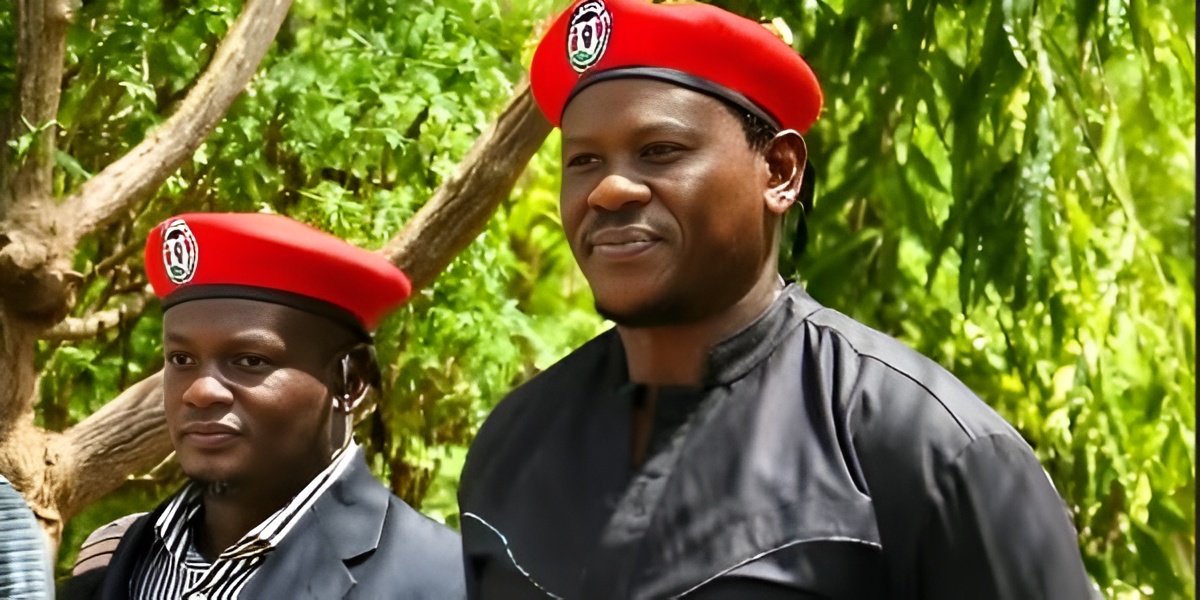
Njagi recounted that during his first week in custody, he spoke to soldiers who revealed they had been sent to Kenya at the height of the Gen Z protests.
Fresh claims have emerged linking Uganda’s military to the violent suppression of Kenya’s 2024 Gen Z demonstrations, after Kenyan activist Bob Njagi alleged that Ugandan soldiers were secretly deployed across the border disguised as police officers.
Njagi says the soldiers, whom he met while in detention in Uganda, admitted taking part in operations to disperse Kenyan protesters.
More To Read
- IG Kanja moves to overturn court order halting recruitment of 10,000 police officers
- 38 days of torture: Kenyan activists Njagi and Oyoo, abducted at gunpoint in Uganda, tell harrowing story
- Kenyan activists Bob Njagi, Nicholas Oyoo to sue Uganda in regional court over abduction
- Kigame seeks court nod for private prosecutions over 2024–2025 protest abuses
- Bob Njagi claims over 150 Ugandans held without trial by Special Forces Command
- Museveni accuses Kenyan activists Njagi, Oyoo of plotting riots, defends arrests on intelligence grounds
Speaking on Citizen TV’s JKL Live show on Thursday night, Njagi and his colleague Nicholas Oyoo gave disturbing accounts of their abduction and 38-day detention in a Ugandan military facility they described as a “safe house.”
The two activists said they were held incommunicado and subjected to intense interrogations and beatings.
Njagi recounted that during his first week in custody, he spoke to soldiers who revealed they had been sent to Kenya at the height of the Gen Z protests.
“They told me they were among the forces deployed to Kenya, wearing police uniforms, to suppress the riots. That’s when I realised there was a deeper regional collaboration against protesters,” he said.
He further linked the operation to a wider network between governments in East Africa aimed at silencing political opposition.
“They were actually moved from Uganda as military dressed in Kenya police uniform to come and quell the riots in Kenya. This is a collaboration between states. That’s why what’s happening in Kenya is resonating in Uganda and Tanzania,” Njagi said.
The activists described being driven blindfolded to a camp outside Kampala, believed to belong to the Uganda People’s Defence Forces’ elite Special Forces Command.
This unit, they said, is known for protecting the Ugandan First Family and operates several secret detention centres.
Oyoo shared details of the brutal questioning they endured.
“On the second day, they interrogated us while having our phones. They ask you specific questions about the groups you’re in. When they think that you’ve not said what they should hear, they start caning and punching you,” he recalled.
“I was caned twice. During the first interrogation, they called me out, took me somewhere and began asking me about my WhatsApp. They’re trying to push you towards some narratives of some sort. When they think I’ve not said the right things, or it seems like I’m hiding something, they cuff me to a chair and take sticks to cane us,” he said.
Njagi said the Ugandan security agencies appeared to have acted on false intelligence that they had crossed the border to mobilise youth against President Yoweri Museveni’s government.
“I think they had been given wrong intelligence, thinking that we were on a mission to mobilise the youth, which they were totally misinformed about. They had 38 days of doing investigations, but have not taken us to court or charged us with any crimes to date,” he said.
He concluded by urging Uganda to free political detainees, including opposition figure Kizza Besigye and Amos Rwangomani, the brother of the Internal Affairs Minister, who he said shared a cell with him.
Njagi argued that the arrests reflect growing regional hostility towards dissent and the shrinking space for activism.
Top Stories Today

